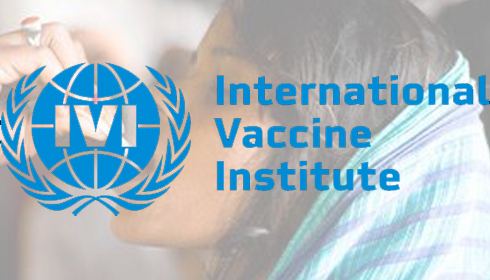
Lebanon Launches Preemptive Cholera Vaccination Campaign Amid Rising Health Concerns
On August 19, Lebanon’s Ministry of Public Health launched a preemptive oral cholera vaccination (OCV) campaign aimed at preventing potential outbreaks in high-risk areas. The campaign targets 350,000 individuals aged one year and older across five of Lebanon's eight governorates, with plans to conclude by mid-September.
This initiative comes as Lebanon faces significant challenges, including limited access to safe drinking water and sanitation, particularly in regions near the Syrian border. The high movement of people between the two countries has exacerbated the risk of cross-border cholera transmission. In response, over 130 field teams have been deployed to areas such as Mount Lebanon, Tripoli, Bekaa, Baalbeck, and Akkar, where more than 133,000 vaccine doses have already been administered.
Cholera, though often presenting with mild or no symptoms, can be fatal within hours if untreated. Lebanon’s public health system has been under strain, worsened by the country’s ongoing economic crisis and escalating hostilities in the south, which have damaged healthcare facilities and displaced populations. These factors have increased the threat of a cholera outbreak, particularly in areas with poor sanitation and inadequate access to clean water.
The Ministry of Public Health, in collaboration with international partners like the World Health Organization (WHO), UNHCR, and UNICEF, carried out a thorough risk assessment before launching the campaign. The OCV campaign is seen as a crucial step in protecting vulnerable communities and preventing a full-blown health crisis.
WHO has played a key role in supporting Lebanon’s cholera prevention efforts, assisting in emergency planning, response, and recovery. Alongside other partners, WHO has focused on improving disease detection systems, mobilizing healthcare staff, enhancing laboratory capabilities, and ensuring that the vaccination campaign runs smoothly. In addition to administering vaccines, WHO has also been involved in health education efforts, stressing the importance of hygiene and sanitation to prevent the spread of cholera.
The success of the vaccination campaign depends heavily on community trust. To build this trust, local leaders and municipalities have been actively involved in spreading awareness about the safety and effectiveness of the cholera vaccine. This outreach has been crucial in countering misinformation and increasing vaccine uptake.
Cholera not only threatens lives but also has socio-economic consequences, impacting productivity and livelihoods. By taking preemptive measures to vaccinate high-risk populations, Lebanon is making a significant effort to protect both the health and economic stability of its people